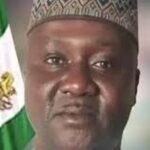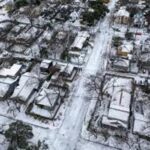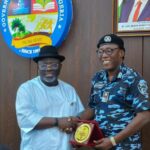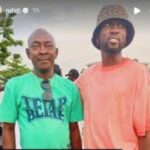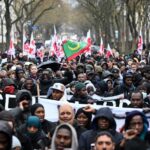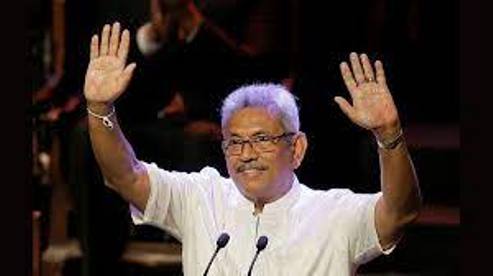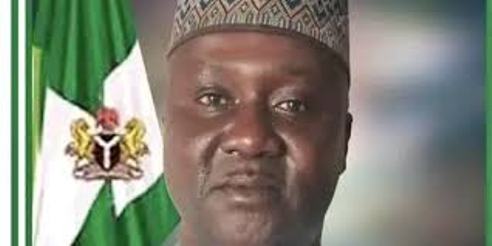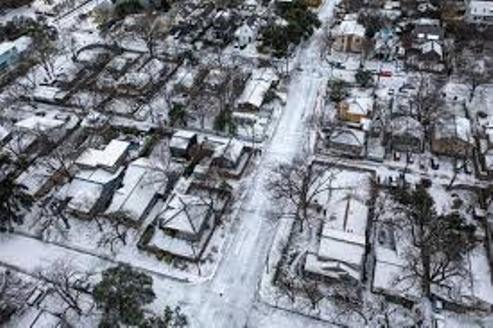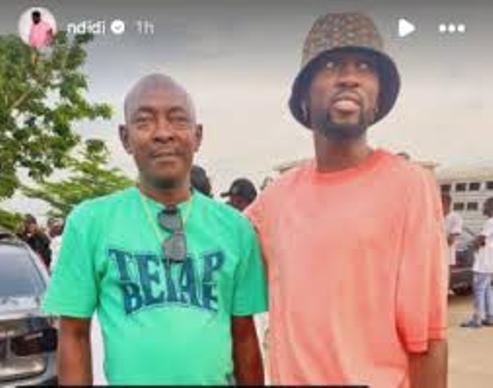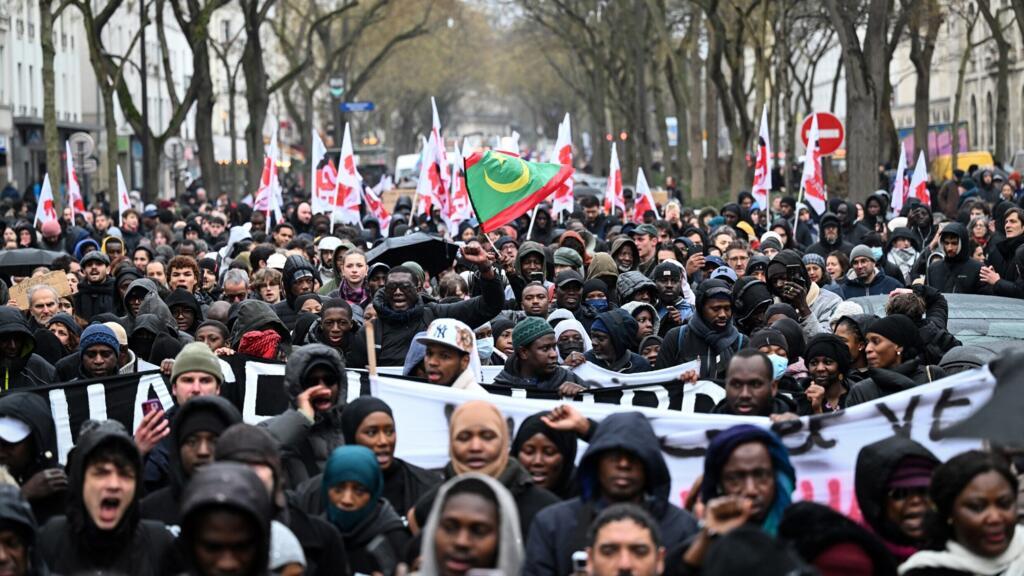LAGOS JULY 14TH (NEWSRANGERS)-Sri Lankan President Gotabaya Rajapaksa has left the Maldives on a Saudi airlines flight bound for Singapore, sources have told the BBC.
The president had fled to the Maldives a day earlier amid mass protests over Sri Lanka’s economic crisis.
It is not clear if Mr Rajapaksa will stay in Singapore or whether he will use it as a layover destination.
He had previously pledged to resign by Wednesday, but has failed to submit a formal resignation so far.
The leader, who as president enjoys immunity from prosecution, is believed to have wanted to leave Sri Lanka before stepping down to avoid the possibility of arrest by an incoming administration.
It comes as acting president Ranil Wickremesinghe on Thursday imposed a curfew for a second day. His government ordered a curfew from noon (06:30 GMT) to 05:00 Friday to quell protests.
Mr Wickremesinghe was appointed acting president by President Rajapaksa after the latter fled on a military plane on Tuesday night – but the decision triggered further protests demanding the PM also resign.
One person died and 84 others were injured during Wednesday’s protests, which took place at key landmarks around the capital, Colombo, including the prime minister’s office.
Who will let him stay?
Analysis by Tessa Wong, Asia Digital Reporter in Colombo
Many are asking where Gotabaya Rajapaksa is planning to flee to next. But perhaps the more important question is: who will let him stay?
It is unclear if Singapore is a transit point on the way to the Middle East, or if he intends to stay in the Southeast Asian island, and if so, for how long.
But sources say it is doubtful the Singapore government will allow him to stay for long
The rich city state has in the past played host to controversial figures such as Thein Sein, Robert Mugabe and Kim Jong-un. But harbouring Mr Rajapaksa for the long term is likely to be a line they will not cross.
This is a man accused of war crimes, under intense global scrutiny right now, having gone on the run while his country slides into economic collapse. The international criticism that Singapore would receive would not be worth it.
Authorities would also have to contend with the backlash from the Singapore public, which in recent years has become more vocal and assertive.
The country also has a significant Tamil population, some of whom are of Sri Lankan heritage. Mr Rajapaksa is accused of allowing the deaths of tens of thousands of Tamil civilians during the civil war while he was defence secretary.
Many Tamil Singaporeans would be made furious by his presence, which would in turn rock the peace that authorities have painstakingly maintained.
In short, the longer Mr Rajapaksa stays in Singapore, the bigger the headache for authorities. And it may be a headache they would rather do without.
Major demonstrations since April over the country’s economic crisis have escalated this past week, after protesters broke into the presidential palace on Saturday and set fire to the prime minister’s private home.
On Wednesday, police fired tear gas at protesters who attempted to break down the gates of the prime minister’s office in Colombo, before finally making their way in. They later headed for parliament but did not get in.
By Thursday, a spokesperson for the protesters said they would withdraw from official buildings. Protesters had handed back the president’s official residence to the authorities when the BBC visited. There were no protesters at parliament on Thursday afternoon, a BBC correspondent confirmed.
Sri Lanka has seen its economy collapse and the cost of food, fuel and other basic supplies skyrocket for ordinary people.
Many blame the Rajapaksa administration for mishandling the crisis and see Mr Wickremesinghe, who became prime minister in May, as part of the problem.
The president’s departure has created a threatening power vacuum in Sri Lanka, which needs a functioning government to help dig it out of financial ruin.
Politicians from other parties have been talking about forming a new unity government, but there is no sign they are near agreement yet. It’s also not clear whether the public will accept what they come up with.
Under the constitution, it’s the prime minister who should act in the president’s stead if the latter resigns – but the fact that Mr Rajapaksa has not done so yet has raised questions over the validity of the acting president’s hold on power.
Sri Lanka: The basics
- Sri Lanka is an island nation off southern India: It won independence from British rule in 1948. Three ethnic groups – Sinhalese, Tamil and Muslim – make up 99% of the country’s 22 million population.
- One family of brothers has dominated for years: Mahinda Rajapaksa became a hero among the majority Sinhalese in 2009 when his government defeated Tamil separatist rebels after years of bitter and bloody civil war. His brother Gotabaya, who was defence secretary at the time, is the current president, but says he is standing down.
- Presidential powers: The president is the head of state, government and the military in Sri Lanka, but does share a lot of executive responsibilities with the prime minister, who heads up the ruling party in parliament.
- Now an economic crisis has led to fury on the streets: Soaring inflation has meant some foods, medication and fuel are in short supply, there are rolling blackouts and ordinary people have taken to the streets in anger, with many blaming the Rajapaksa family and their government for the situation.
BBC NEWS
